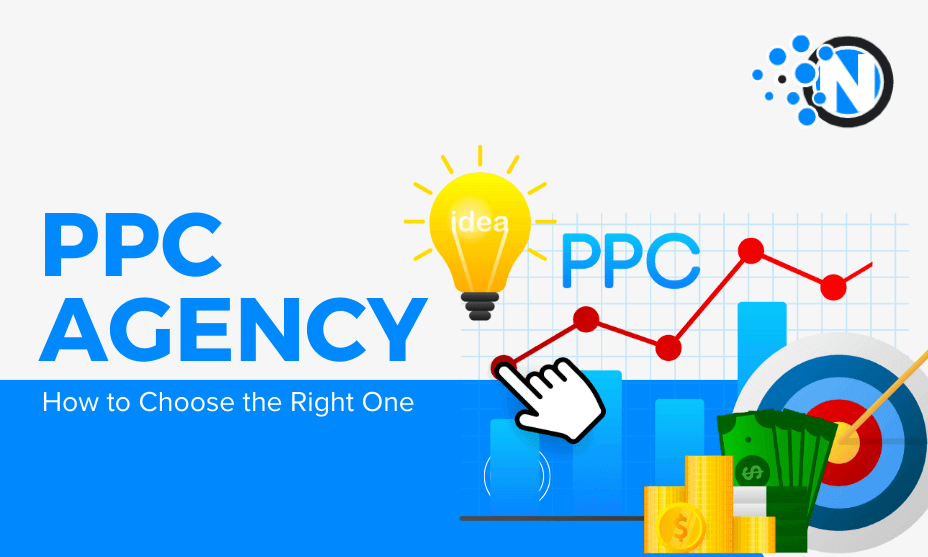PPC Agency – Your Ultimate Guide to Boosting ROI
PPC ads show up on search engines and various sites, charging a fee each time they get clicked. Picking an agency with a proven track record of success is crucial. ROI shows how well investments pay off. PPC marketing helps folks figure out if their strategies are working right and if they’re getting their money’s worth. It’s all about seeing if the bucks spent are making sense. Discover how this method might unlock exciting possibilities!
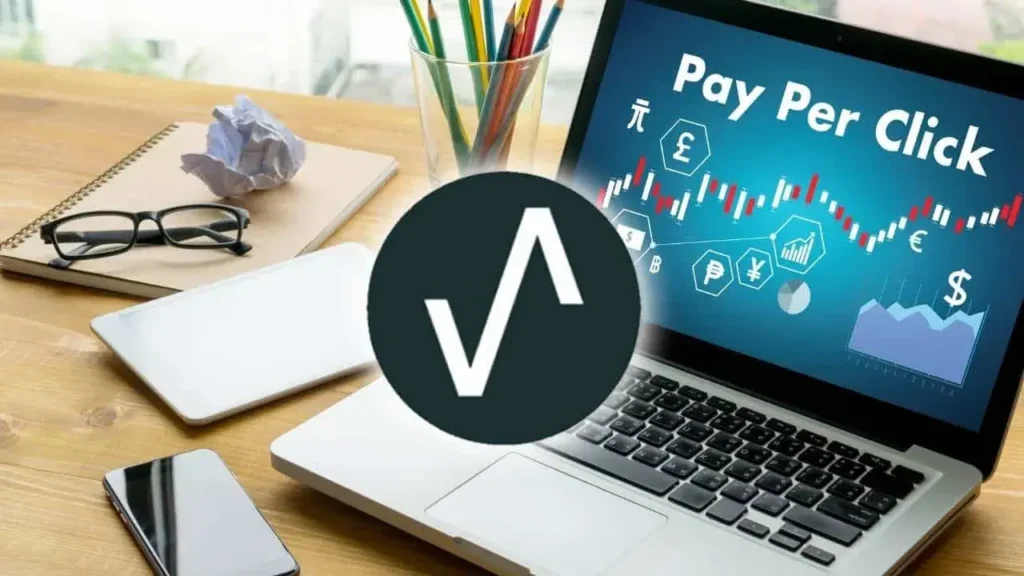
Understanding the Role of a PPC Agency
Understanding the role of a PPC (Pay-Per-Click) agency is crucial to leverage their expertise in improving your advertising efforts and achieving better ROI (Return on Investment). PPC agencies develop tailored strategies based on your business objectives, target audience, and market conditions. This includes selecting the right platforms such as Google Ads, Bing Ads, social media and designing a comprehensive plan for ad placement. You must create ad copy and designs that attract clicks and drive user engagement including writing persuasive headlines, descriptions, and calls to action.
Key Benefits of Hiring a PPC Agency
Hiring a PPC (Pay-Per-Click) agency offers several key advantages that can significantly enhance your advertising efforts and overall marketing strategy.
| Unmatched Expertise | – Understanding bidding strategies, and keyword research keeping up with the latest trends and algorithm changes, ensures your campaigns remain competitive and effective. |
| Targeted Audience Reach | – Targeting your ideal customer base focused on maximizing your advertising budget. |
| Compelling Ad Creation | – Create ads that attract attention and intrigue users to click. |
| Landing Page Optimization | – Optimize your landing pages to ensure a seamless user experience |
How to Choose the Right PPC Agency for Your Business
Choosing the right PPC (Pay-Per-Click) agency for your business involves several key considerations to ensure you work with a team that aligns with your goals. As shown below, this is a guide to help you make the right decision:
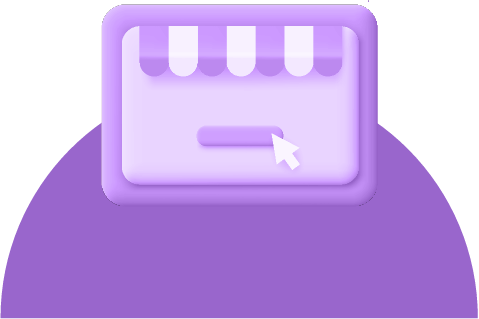
Experience and Track Record
You should look for an agency that has experience in your specific industry or niche. They should understand the unique challenges and opportunities in your market.
Specialization and Expertise
You must ensure the agency has expertise in platforms relevant to your business, for example, Google Ads, Bing Ads, social media channels like Facebook, LinkedIn, Instagram.
Services Offered
You must check whether the agency offers various PPC services, including strategy development, campaign management, ad creation, targeting, and performance optimization.
Pricing and Budget
Look for an agency that provides clear and transparent pricing models. Be wary of agencies that offer unclear pricing or low-cost options that might sacrifice quality.
Top 10 PPC Agencies in World
Pay attention to the list of top PPC Agencies in the world below that could be a recommendation for you:
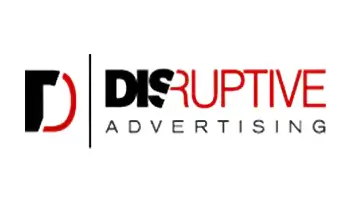
Disruptive Advertising
Provides detailed analytics and reporting to track campaign performance, offers insights into key metrics, and helps clients make data-driven decisions. They also work on landing page optimization and user experience to improve conversion rates and enhance overall campaign effectiveness.
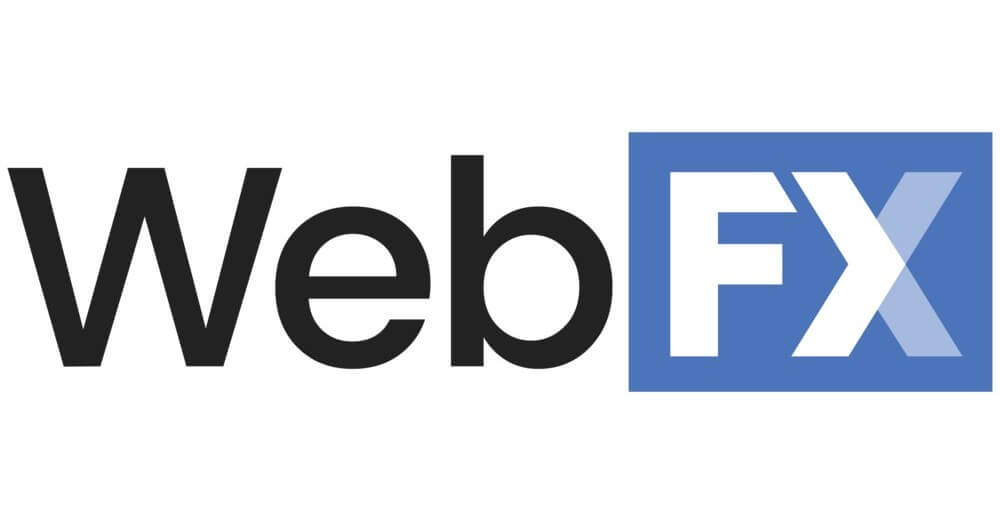
WebFX
Able to manage and optimize PPC campaigns across various platforms such as Google Ads, Bing Ads, and social media channels to increase visibility and attract quality traffic. They provide comprehensive Search Engine Optimization (SEO) services to improve organic search rankings and increase website traffic.
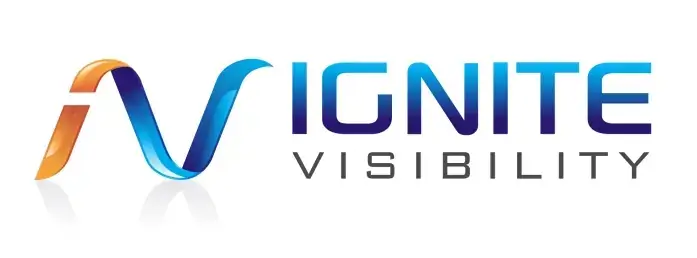
Ignite Visibility
Specializes in managing and optimizing PPC campaigns across various platforms, including Google Ads, Bing Ads, and social media channels such as Facebook, Instagram, LinkedIn, and Twitter. Their focus is on maximizing ad performance and return on investment (ROI).
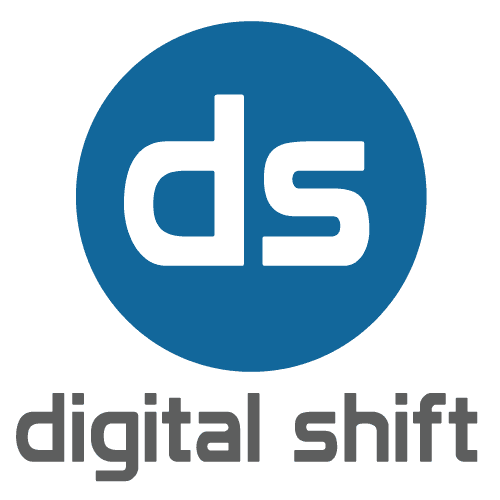
Digital Shift
Manages and optimizes PPC campaigns across various platforms, including Google Ads, Bing Ads, and social media channels such as Facebook, Instagram, LinkedIn, and Twitter. This agency develops and manages advertising campaigns on social media platforms to increase brand awareness and engagement.

Directive
Able to manage and optimize PPC campaigns across various platforms, including Google Ads, Bing Ads, and social media channels such as Facebook, Instagram, LinkedIn, and Twitter. This agency develops and manages advertising campaigns on social media platforms to increase brand awareness and engagement.
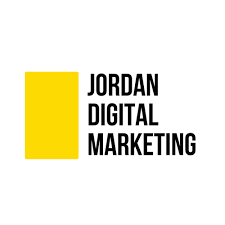
Jordan Digital Marketing
Provides SEO services to improve organic search rankings, increase website traffic, and improve overall visibility in search engines. This agency creates and manages advertising campaigns on social media platforms to increase brand awareness, engagement, and conversions.
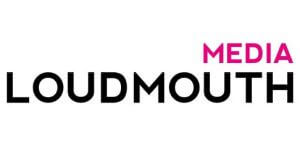
Loud Mouth Media
Uses data and analytics to guide their PPC strategies, ensuring decisions are based on performance metrics and actionable insights. They have expertise in managing PPC campaigns for e-commerce businesses, with the aim of increasing online sales and attracting targeted traffic.

KlientBoost
Is a PPC agency that helps businesses improve their online advertising efforts through expert PPC campaign management and optimization, with a focus on driving growth, increasing leads, and improving ROI. KlientBoost works with clients across various industries, tailoring their strategies to meet specific needs.

Thrive Internet Marketing Agency
Provides web design and development services to create user-friendly and visually appealing websites that support digital marketing efforts. Thrive uses data and analytics to guide their PPC strategies, making decisions based on performance metrics and insights.

Titan Growth
Creates and manages social media advertising campaigns to increase brand awareness, engagement, and conversions. Titan Growth leverages data and analytics to guide their PPC strategies, ensuring decisions are based on performance metrics and actionable insights.
Top PPC Strategies Used by Leading Agencies
Here are some top PPC strategies used by leading agencies:
- Able to conduct in-depth research to identify high-value and relevant keywords that can drive targeted traffic.
- Create persuasive and engaging ad copy with strong calls to action (CTAs) to drive clicks.
- Ensure landing pages are highly relevant to ad copy and keywords to improve Quality Score and conversion rates.
- Able to leverage automated bidding strategies to adjust bids in real-time based on performance and competition.
Customizing PPC Campaigns to Fit Your Business Goals
Here is a guide to customize PPC campaigns to fit your specific goals:
- Define Your Business Goals, able to increase sales and revenue, focus on conversion-oriented strategies and target high-intent keywords.
- Audience Research, able to identify and segment your target audience based on demographics, interests, and behaviors. Customize your ad messaging and targeting for each segment.
- Keyword Strategy, conduct keyword research to find terms that align with your business goals and target audience. Focus on short-tail and long-tail keywords.
- Ad Copy and Creative, You must write persuasive headlines that address your audience’s pain points and highlight key benefits or offers.
- Landing Page Optimization, able to ensure your landing pages match your ad copy and keywords to provide a seamless user experience.
Maximizing Ad Spend Efficiency with a PPC Agency
Pay attention to the guide below for you to be able to optimize your ad spend:
Comprehensive Analysis
Agencies use data analysis to understand your target audience, market trends, and competitive landscape. This helps in developing targeted PPC strategies and allocating budgets effectively.
High-Quality Keywords
Agencies conduct thorough keyword research to identify high-value keywords that can drive relevant traffic. They use tools to find high-intent keywords and long-tail keywords that can improve ad performance.
Engaging Ad Copy
Agencies create persuasive ad copy with strong calls to action (CTAs) to maximize click-through rates (CTR) and conversions.
Relevance
Agencies ensure that landing pages are highly relevant to ad copy and keywords, providing a smooth user experience that improves conversion rates.
Understanding PPC Metrics and Reporting
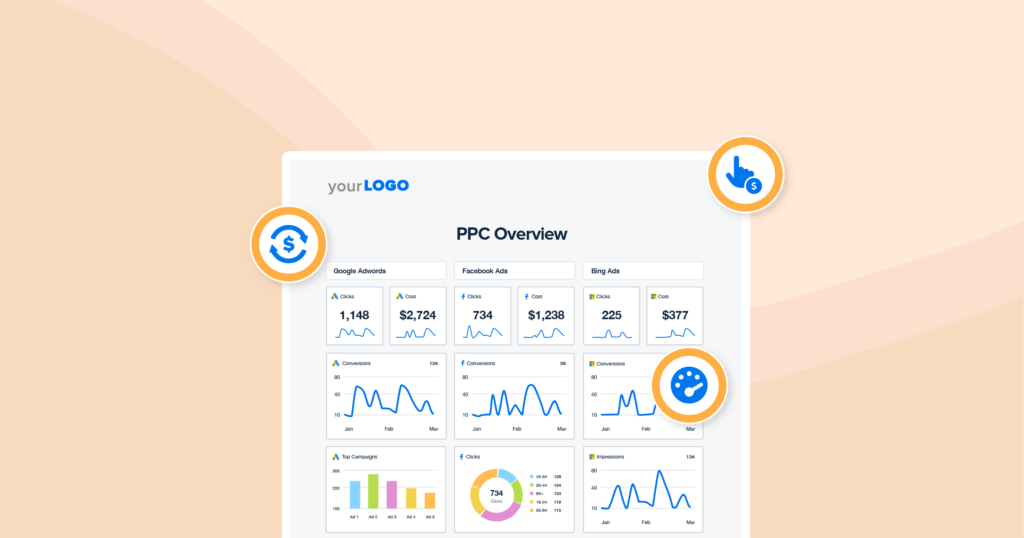
Understanding PPC (Pay-Per-Click) metrics and reporting is crucial for evaluating the effectiveness of your advertising campaigns and making data-driven decisions. Here’s a guide on key PPC metrics and reporting elements:
- Click-Through Rate (CTR) : The ratio of users who click on your ad to the number of users who view the ad (impressions). A higher CTR indicates that your ad is relevant and appealing to users.
- Cost Per Click (CPC) : The average amount you pay for each click on your ad. This helps in understanding the cost efficiency of your ads and managing your budget.
- Conversion Rate : The percentage of clicks that result in a desired action, such as a purchase or sign-up. Measures how effective your landing pages and overall campaign are in driving action.
- Return on Ad Spend (ROAS) : The revenue generated for every dollar spent on advertising. Assesses the overall profitability of your PPC campaigns.
Common Mistakes to Avoid When Working with a PPC Agency
When working with a PPC (Pay-Per-Click) agency, avoiding common mistakes can help you maximize your advertising efforts. Here are some key mistakes to avoid:
- Ignoring Keyword Research: The mistake you make is when ignoring the importance of in-depth keyword research or using irrelevant keywords. So the way to avoid it is by investing time in comprehensive keyword research to identify terms that are highly relevant to your business and target audience.
- Neglecting Ad Copy and Creative Quality: Your mistake in this condition is when using generic or poorly written ad copy that doesn’t appeal to the target audience. The way to avoid it is by working with your agency to create engaging and relevant ad copy and visuals that can resonate with your audience and drive clicks.
- Neglecting Ad Copy and Creative Quality: Your mistake in this condition is when using generic or poorly written ad copy that doesn’t appeal to the target audience. The way to avoid it is by working with your agency to create engaging and relevant ad copy and visuals that can resonate with your audience and drive clicks.
- Neglecting Ad Copy and Creative Quality: Your mistake in this condition is when using generic or poorly written ad copy that doesn’t appeal to the target audience. The way to avoid it is by working with your agency to create engaging and relevant ad copy and visuals that can resonate with your audience and drive clicks.
- Ignoring Competitor Analysis: Your mistake, not following the PPC strategies and performance of competitors so the way to avoid it is by conducting competitor analysis to understand their strategies and identify opportunities for differentiation and improvement.
- Failing to Monitor and Analyze Performance: Your mistake, not routinely monitoring campaign performance or ignoring metric analysis. The way to avoid it is to use analytics tools to track key metrics such as CTR, CPC, and ROAS, and make decisions based on data obtained from this information.
- Failing to Monitor and Analyze Performance: Your mistake, not routinely monitoring campaign performance or ignoring metric analysis. The way to avoid it is to use analytics tools to track key metrics such as CTR, CPC, and ROAS, and make decisions based on data obtained from this information.

Future Trends in PPC: What Agencies Are Focusing On
Future Trends in PPC:
What Agencies Are Emphasizing :
Artificial Intelligence and Machine Learning, able to leverage AI and machine learning to improve ad targeting, optimize bidding strategies, and enhance ad copy through automated systems.
Voice Search Optimization: able to adjust PPC strategies to account for voice search queries, which are becoming increasingly popular.
Video Advertising, able to increase investment in video ads as video content continues to dominate digital media.
Automation and Smart Bidding, able to use automated and smart bidding strategies to manage ad spend more efficiently.
Conclusion
Understanding the role of a PPC (Pay-Per-Click) agency is crucial to leverage their expertise in improving your advertising efforts and achieving better ROI (Return on Investment). PPC agencies develop tailored strategies based on your business objectives, target audience, and market conditions. This includes selecting the right platforms such as Google Ads, Bing Ads, social media and designing a comprehensive plan for ad placement. Pay-Per-Click (PPC) advertising involves placing ads on search engines and other platforms where you pay each time your ad is clicked. You should look for an agency with a proven track record in managing successful PPC campaigns across various platforms.
